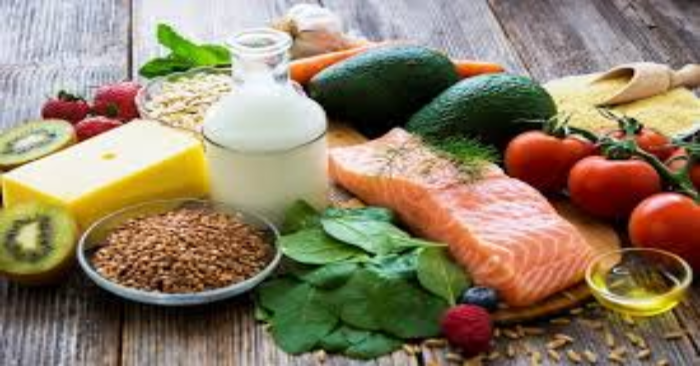Understanding Vegan and Vegetarian Diets: Key Differences and Considerations

Plant-based diets have gained popularity, with many celebrities and individuals adopting either a ‘vegan’ or ‘vegetarian’ lifestyle. While both diets focus on plant foods like fruits, vegetables, legumes, and whole grains, there are significant differences between the two. Here’s a closer look:
What is a Vegan Diet?
A vegan diet is strictly plant-based and excludes all animal products. This means no meat, poultry, fish, seafood, eggs, dairy, or honey. Vegans also often avoid non-food animal products such as leather, wool, and silk, and steer clear of products tested on animals.
What is a Vegetarian Diet?
A vegetarian diet also primarily focuses on plant foods but allows for some animal products. Vegetarians do not eat meat, poultry, fish, or seafood but may consume eggs, dairy, and honey. There are various types of vegetarian diets:
Lacto-ovo vegetarian: Includes eggs, dairy, and honey but excludes meat, poultry, fish, and seafood.
Ovo-vegetarian: Includes eggs and honey but excludes meat, poultry, fish, seafood, and dairy.
Lacto-vegetarian: Includes dairy and honey but excludes meat, poultry, fish, seafood, and eggs.
Pescatarian: Includes fish and seafood in addition to eggs, dairy, and honey, but excludes meat and poultry.
Flexitarian: Primarily plant-based but occasionally includes small amounts of meat, poultry, fish, and seafood.
Health Benefits of Vegetarian Diets
A 2023 review examined the health impacts of vegetarian and vegan diets through observational studies and randomized controlled trials. Key findings include:
Observational Studies: People on vegetarian diets showed a lower risk of cardiovascular disease, diabetes, hypertension, dementia, and cancer. For instance, a study with 44,561 participants found a 32% lower risk of heart disease among vegetarians over nearly 12 years.
Randomized Controlled Trials: These studies indicated that vegetarian and vegan diets could lead to reductions in weight, blood pressure, and unhealthy cholesterol levels. A meta-analysis of seven trials with 311 participants found vegetarian diets associated with a 5 mmHg lower systolic blood pressure compared to non-vegetarian diets.
While vegetarian diets appear generally healthier across various measures, some evidence suggests a vegetarian diet, rather than a vegan diet, may be more beneficial for preventing heart disease. Additionally, vegans may face a higher risk of bone fractures due to lower intake of nutrients like calcium, vitamin D, and protein.
Beyond Food: Ethical and Lifestyle Considerations
Many vegans extend their dietary choices to other aspects of their lives, avoiding products that involve animal exploitation. This includes not using leather, wool, silk, beeswax products, or items tested on animals.
Motivations and Considerations for Vegan and Vegetarian Diets
People choose vegan or vegetarian diets for various reasons, including health, environmental concerns, ethics, religion, or economic factors. These diets often become a central part of their identity. However, adopting such diets requires careful planning to meet nutrient needs, particularly for vitamin B12, iron, calcium, and iodine, typically sourced from meat and animal products.
For those considering these diets, it’s important to note that simply eating more plant foods doesn’t guarantee a healthier diet. Processed vegan or vegetarian foods like chips, biscuits, and plant-based sausages can be high in salt and other unhealthy ingredients.
The Australian Dietary Guidelines recommend a varied diet from the five food groups (fruits, vegetables, cereals, lean meats or alternatives, and dairy or alternatives) for optimal health. For those who include animal products, it’s advised to choose lean, reduced-fat options and limit processed meats.






